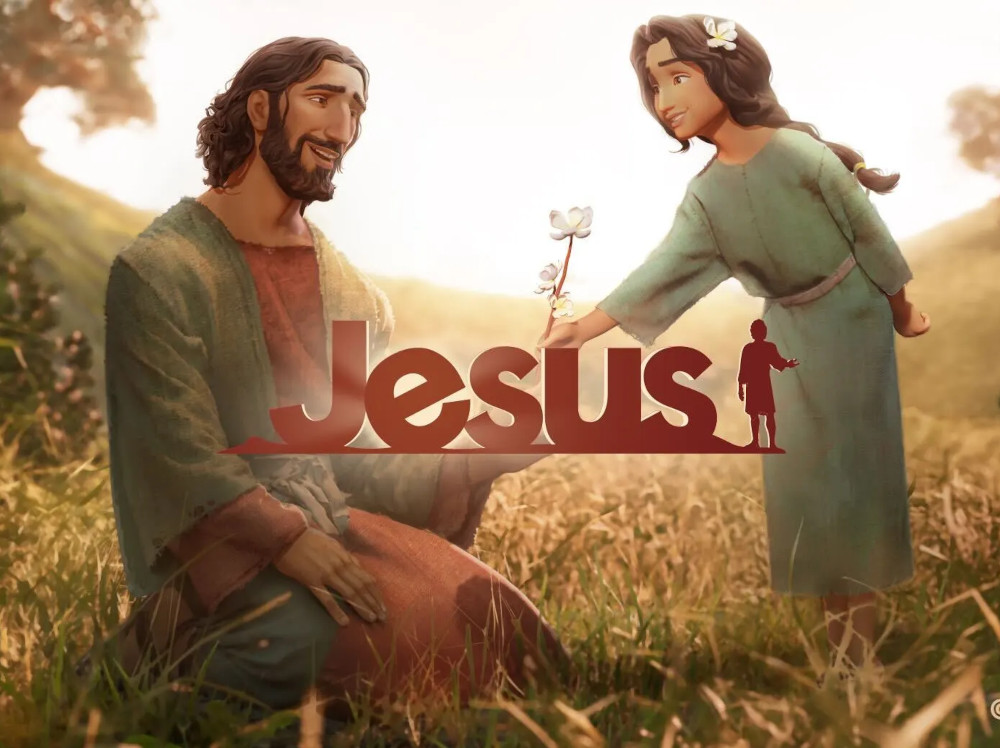By Mike Ansari, CEO, Heart4Iran.
The Islamic Republic of Iran is predominantly a Muslim-majority country. The estimated number of Christians accounts for approximately 1% of the population. Nevertheless, as an Iranian Christian convert, I am greatly encouraged because Christianity is on the rise in Iran.
According to a report released by Operation World in 2016, Iran has the highest Evangelical growth rate globally, with an annual increase of nearly 20%. This is still the trend in Iran, as many continue to choose to follow Jesus as Saviour. The growth has been fueled mostly by Iranians who are disillusioned with Islam. However, we cannot forget the Gospel’s power and transformational impact on so many. My own journey to Christianity, which began with a dream my mother had, is a testament to that power.
Many years ago, my secular-Muslim mother experienced a divine encounter when she dreamed about Jesus Christ. This divine experience is not uncommon for Iranians. Although it is difficult for people in our region to access information about Jesus, many Muslims experience a connection with Him through dreams and visions. My mother’s introduction to the Savior came through a dream, which began a transformation in our family.
Shortly after her dream, a visiting church graciously provided us with a VHS copy of the 1979 JESUS film, which had been translated into the Farsi language to share the message of Christ with the people of Iran. Upon viewing the film, my mother’s heart was drawn to the love and teachings of Jesus, leading her to commit her life to Him wholeheartedly. In the following months, I made the same decision to give my life to the Lord.
After surrendering my life to Christ, the Lord opened the door for me to spearhead a ministry dedicated to sharing the good news of the gospel with the Iranian people. The life-changing impact of the Jesus film on my own spiritual journey compelled me to reach out to Jesus Film Project , the Cru ministry that released the film, and to secure the necessary rights to broadcast the Farsi rendition of the Jesus film through our satellite television network, Mohabat TV, into the nation of Iran.
This allowed us to bring the timeless story of Christ’s life, death, and resurrection to countless Iranians, many of whom had never encountered the message of salvation through Jesus. Over the years, we have had the blessing and privilege of working closely with Jesus Film Project. The director of the 1979 film, Paul Eshleman, was a personal mentor of mine who helped shape my Christian faith journey.
The 1979 Jesus film is still being broadcast on our satellite TV in Iran, and people are still choosing to follow Christ. The film’s ability to transcend cultural and religious boundaries plays a pivotal role in those decisions. The prevailing cultural norms of honor and shame in the Middle East often render religious debates counterproductive. However, when people experience the story of the gospel through visual mediums, it erases the need for arguments. People can simply witness the life of Jesus on screen and the power emanating from God’s Word through His Son. This approach creates a bridge of understanding, enabling individuals to connect with the truths of the Christian faith on a more visceral and emotive level rather than relying solely on intellectual discourse.
Another perception in the Middle East is that Westerners are attempting to impose their cultural values upon the region. Many individuals in the Middle East view Christianity as a faith rooted in Western traditions. However, when they encounter the Jesus film in their mother tongue and recognize that Jesus hailed from the Middle East, it resonates deeply and redefines their perspective on Christianity. This realization challenges preconceived notions and fosters a deeper understanding of the faith’s origins and its connection to the region’s cultural heritage.
The changing dynamics of the way the next generation consumes media are critical to consider when it comes to ministering to Iranians. Research indicates that today’s youth are less inclined to engage with older content, necessitating the production of a new Jesus film to effectively reach and connect with this demographic. Advancing the gospel truth to the next generation is of paramount importance, and I’m glad this imperative is being addressed with the development of a new Jesus film.
[The Other Cheek reported the upcoming animated version of the Jesus film here.]
While denominational differences regarding Christian content may exist within the broader faith community, there is a unifying recognition of the four New Testament Gospels as the foundation of the Christian faith. Therefore, I feel the Christian community must come together to promote, showcase, and spread Christian films based on true biblical accuracy. As the Middle East grapples with shifting cultural dynamics and the evolving needs of the next generation, having a resource that reframes the Christian narrative as one that is deeply rooted in the region’s history and heritage, and which frees Christianity from negative stereotypes, will be profoundly impactful.
Image: A sample of the forthcoming animated version of the Jesus movie. Image Credit: Cru.

